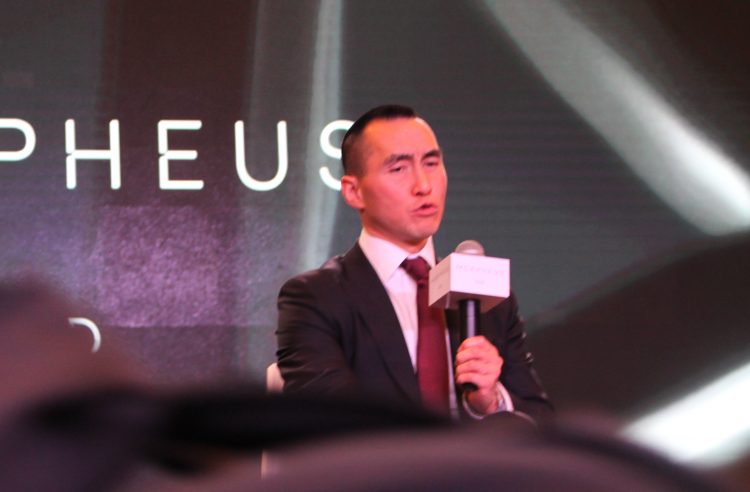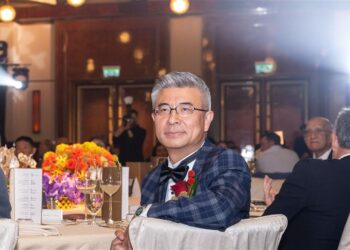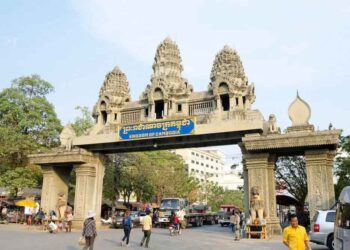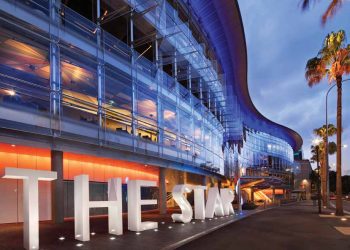HONG KONG, Jan 13 – Macau gaming developer Melco Crown Entertainment (MPEL) said on Tuesday it expects the Asian gambling centre to rebound from a sharp contraction, while eyeing expansion opportunities in Taiwan’s emerging casino market.
“The worst period for Macau’s tourism industry is probably over,” said Lawrence Ho, CEO and and co-chairman of Melco Crown Entertainment, which says it is on track to open its City of Dreams integrated resort on the Cotai strip by early summer.
Stringent travel curbs imposed by the Chinese government last year, coupled with concerns about a deep global downturn, have strangled growth in the once-booming gambling haven, which has now superseded Las Vegas as the world’s largest gaming market.
A recent visit by Chinese Vice President Xi Jinping to Macau failed however to culminate in a widely expected relaxation of visa curbs by Beijing, sending shares in property plays like Melco, Wynn and Sands’ and Stanley Ho’s flagship SJM Holdings sharply lower this week.
Hopes that Beijing would ease visa restrictions and a global rebound in equities from multi-year lows helped Melco shares rise around 70 percent in the last three months, though the stock is stil down nearly 80 percent over the last year.
“2009 should get gradually better,” Lawrence Ho told reporters in Macau.
Ho, the well-connected son of Macau gaming tycoon Stanley Ho, added that he “wouldn’t be surprised” if the visa restrictions were eased by Beijing in due course. Macau was a Portuguese-run enclave of China before returning to Chinese rule in 1999.
Ho said 7,000 new jobs would be created in the first phase of the $2.1 billion City of Dreams at the tip of the Cotai Strip, a dusty isthmus lauded as Asia’s answer to Las Vegas’ neon alley. Melco Crown and Wynn are the only two casino operators adding new capacity in Macau over the next 18 months.
Ho said Taiwan’s move on Monday to legalise gambling on its offshore islands represented a possible opportunity for Melco, which is a joint venture with Australia’s James Packer.
“We are interested in the market, but we have to do further studies into the political environment there.
“Our main consideration is to check there’s no impact on Macau … the Taiwan market could be very large, yet because it’s not on the mainland, but an outlying island we’ll have to study how to set up the infrastructure,” he said.
Ho said, however, the tough economic conditions meant bank financing for even a mid-sized resort there would likely remain difficult in the next one or two years.
Despite Melco’s bullishness, some analysts still take a dim view of Macau’s gaming prospects in the short term.
“A successful opening could be a big positive catalyst, but visibility remains limited. New property return on investments in Macau have been steadily declining,” wrote Merrill Lynch analysts Shaun Kelley and Vincent Zahn in a research note last week.
In November, the debt-laden Las Vegas Sands shocked many in Macau by laying off most of the 11,000 workers on two Cotai strip sites — a stone’s throw from the palatial 3000-suite Venetian Macau which the Sands’ magnate owner Sheldon Adelson had only opened a year ago amid great hype.
Analysts say Beijing’s visa curbs stem from concerns that mainland officials and businesspeople may use the enclave to fritter away ill-gotten gains.
Six senior Guangdong officials were recently jailed for gambling away around 22 million yuan of public funds in Macau, according to the official China daily newspaper.




































